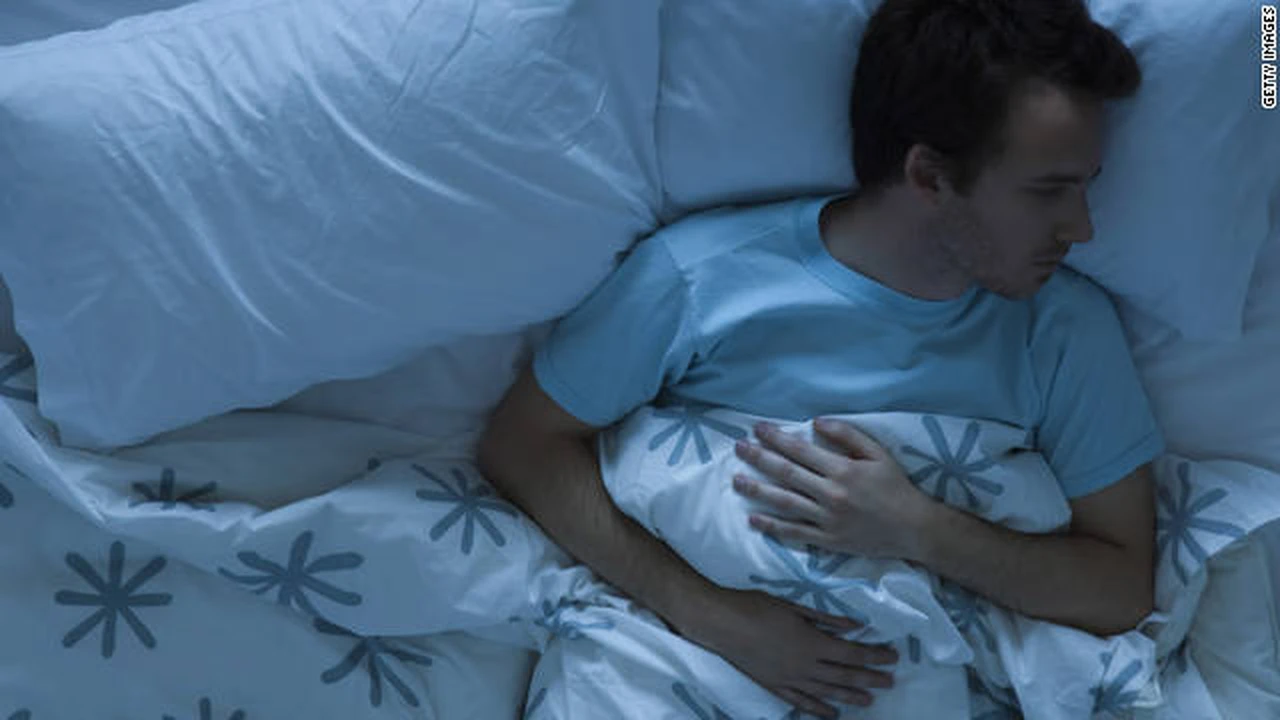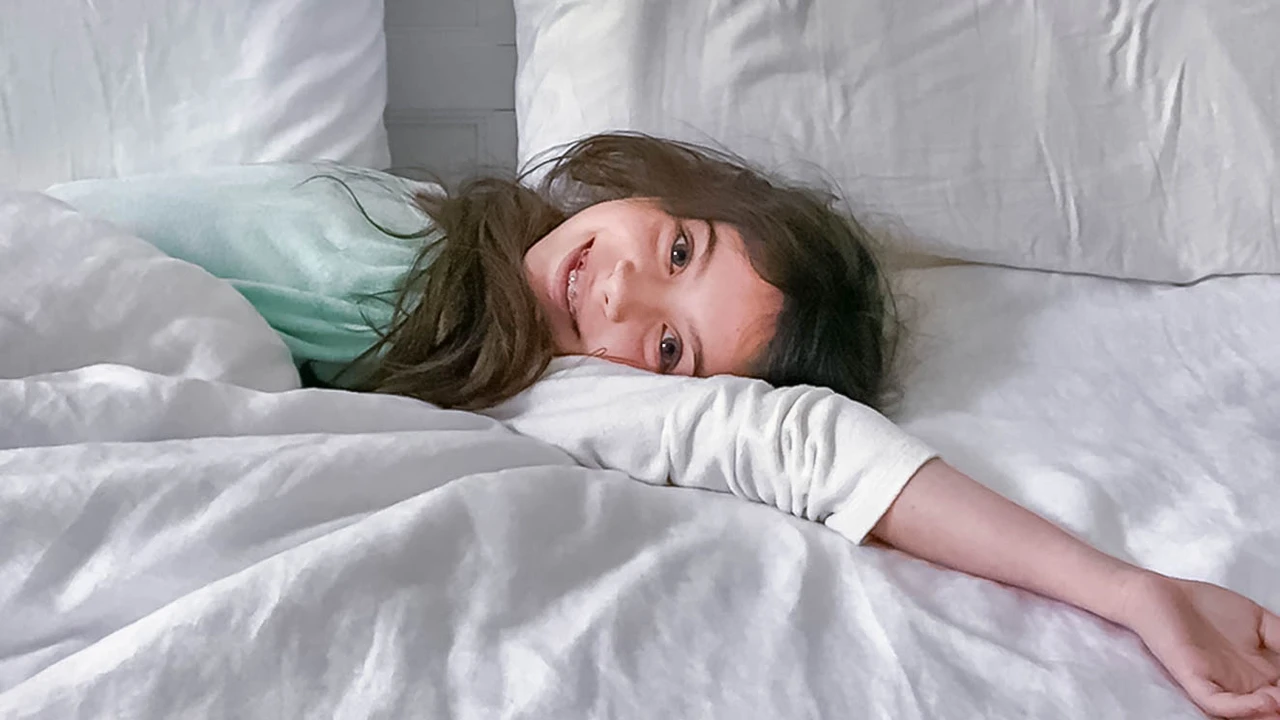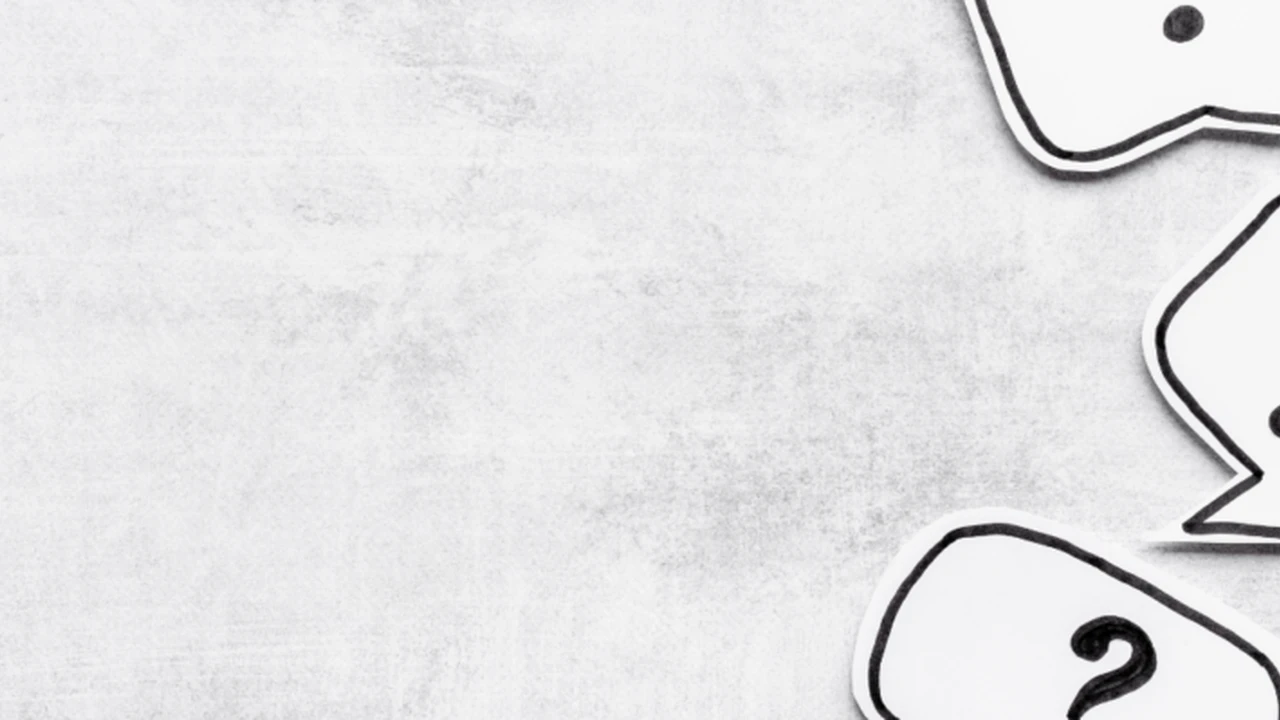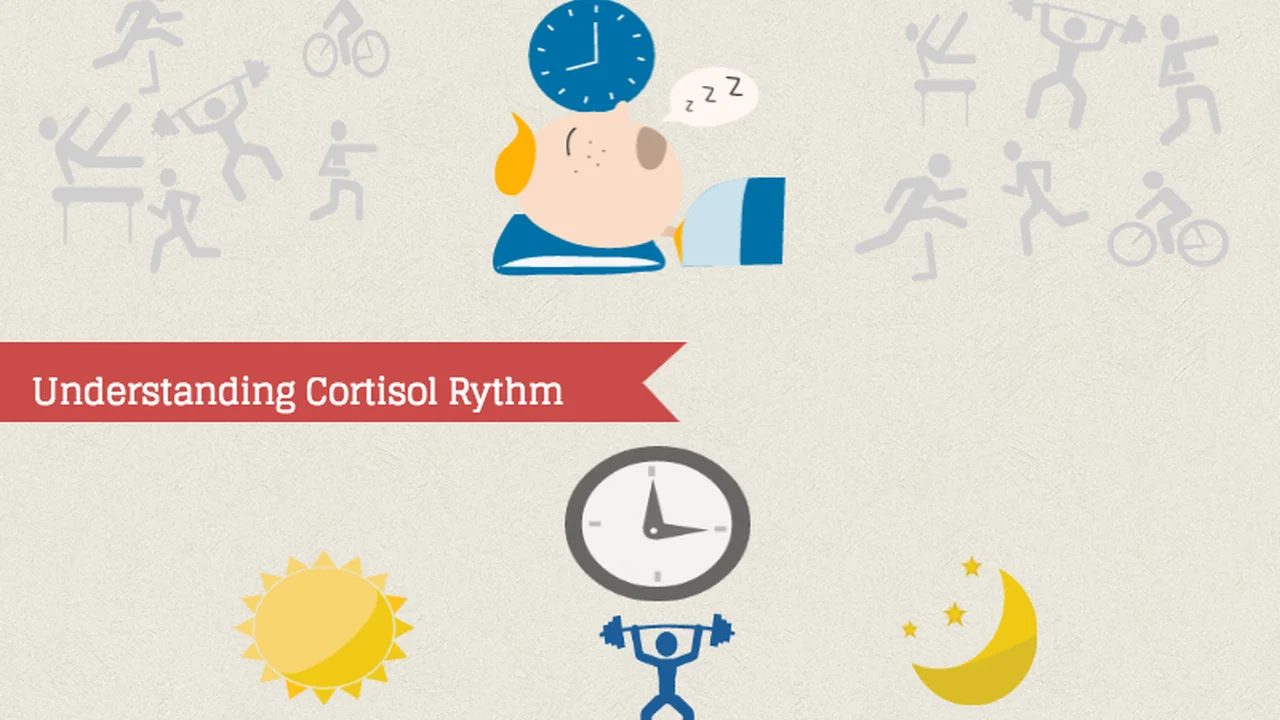Blue Light Blocking Glasses: Do They Really Work?
Sample meta description.

Understanding Blue Light and Its Impact on Sleep The Science Behind Blue Light Exposure
Okay, let's dive into the world of blue light. You've probably heard about it, maybe even blamed it for your restless nights. But what exactly *is* blue light? It's a high-energy visible light emitted from digital screens – your phone, laptop, tablet, you name it. The sun also emits blue light, and that's a good thing during the day. It helps keep us alert and regulates our circadian rhythm, our natural sleep-wake cycle.
The problem arises when we're bombarded with blue light in the evening. This artificial blue light messes with our bodies, signaling that it's still daytime and suppressing the production of melatonin, the hormone that makes us sleepy. Think of it like this: your brain is getting mixed signals. It's trying to wind down for the night, but the blue light is shouting, "Party time!" This can lead to difficulty falling asleep, poor sleep quality, and even long-term health problems.
Blue Light Blocking Glasses How They Work and What to Expect Benefits of Blue Light Blocking Glasses
So, how do blue light blocking glasses fit into all of this? These glasses are designed with special lenses that filter out a portion of the blue light emitted from screens. The amount of blue light blocked can vary depending on the glasses, but the idea is to reduce the disruptive effects of blue light on your sleep cycle.
The purported benefits are pretty straightforward: better sleep, reduced eye strain, and potentially even fewer headaches. Some people also report feeling more alert and focused during the day after consistently using blue light blocking glasses in the evening. The key is consistent use – wearing them only occasionally won't give you the full effect. Think of it like brushing your teeth – you need to do it regularly to see the benefits.
The Skeptic's Corner Do Blue Light Blocking Glasses Really Work? Research and Evidence
Now for the million-dollar question: do they *actually* work? The research is still ongoing, and the results are mixed. Some studies show a significant improvement in sleep quality for people who wear blue light blocking glasses, while others show little to no effect. It's important to remember that everyone is different, and what works for one person might not work for another.
One thing to consider is the *type* of blue light blocking glasses. Some glasses block a higher percentage of blue light than others. Also, the timing of when you wear them matters. Wearing them for just an hour or two before bed might not be enough to make a noticeable difference. Aim for at least a few hours, especially if you're spending a lot of time in front of screens.
Choosing the Right Blue Light Blocking Glasses Finding the Perfect Pair
Alright, let's get practical. If you're thinking about trying blue light blocking glasses, here's what you need to consider:
* **Lens Color:** The most effective blue light blocking glasses have amber or yellow-tinted lenses. These lenses block a higher percentage of blue light than clear lenses. Clear lenses marketed as blue light blocking glasses often only filter a small amount of blue light, so be wary. * **Fit and Comfort:** You'll be wearing these glasses for a few hours each evening, so comfort is key. Look for a pair that fits well and doesn't pinch your nose or temples. Consider the weight of the frames as well – heavier frames can become uncomfortable after a while. * **Style:** Let's be honest, you want to look good, even when you're trying to wind down for the night. Luckily, there are plenty of stylish blue light blocking glasses available. Choose a pair that complements your face shape and personal style. * **Prescription Options:** If you wear prescription glasses, you can get blue light blocking lenses added to your existing frames, or you can purchase dedicated blue light blocking glasses with your prescription.Product Recommendations and Reviews Top Blue Light Blocking Glasses Reviewed
Okay, time for some specific product recommendations. I've tried a bunch of different blue light blocking glasses, and here are a few of my favorites, covering different price points and use cases:
* **Swanwick Sleep Swannies:** These are a popular choice, and for good reason. They have amber-tinted lenses that block a high percentage of blue light. They're also relatively comfortable and stylish. They typically retail for around $70-90. *Use Case:* Ideal for wearing a few hours before bed while reading or watching TV. *Comparison:* More expensive than some options, but the high blue light blocking percentage makes them a worthwhile investment. * **Uvex Skyper Blue Light Blocking Computer Glasses S1933X:** These are a more budget-friendly option, and they're surprisingly effective. They have a clear lens with a blue light coating. These are great for wearing during the day for extended computer use. They typically retail for around $10-20. *Use Case:* Suitable for daytime use, offering a subtle reduction in blue light exposure during work hours. *Comparison:* Less aggressive blue light blocking compared to amber-tinted lenses, but a good choice for those who prefer a less noticeable tint. * **Gamma Ray Optics Blue Light Blocking Glasses:** A mid-range choice, offering a good balance of price and performance. Available in various frame styles. They usually cost around $25-40. *Use Case:* Versatile for both daytime and evening use, providing moderate blue light protection. *Comparison:* A solid all-around option, not as potent as the Swanwick Swannies but more effective than basic clear lens glasses. * **Felix Gray Blue Light Blocking Glasses:** These glasses are known for their stylish frames and subtle blue light filtering. They are designed for daytime use and are available with or without prescription lenses. Expect to pay around $95-145. *Use Case:* Perfect for professionals who want to protect their eyes from blue light during the workday without sacrificing style. *Comparison:* More fashionable than Uvex or Gamma Ray, but the blue light filtering is less intense than amber-tinted options.Different Scenarios for Using Blue Light Blocking Glasses When to Wear Them
Let's break down when you might want to reach for your blue light blocking glasses:
* **Evening Screen Time:** This is the most obvious use case. If you're spending time on your phone, laptop, or tablet in the evening, wearing blue light blocking glasses can help mitigate the disruptive effects of blue light on your sleep. * **Late-Night Reading:** Even if you're reading a physical book, if you're using an e-reader or a lamp with bright LED lights, you're still being exposed to blue light. * **Travel:** Traveling across time zones can wreak havoc on your circadian rhythm. Wearing blue light blocking glasses can help you adjust to the new time zone more quickly. * **Shift Work:** If you work a night shift, you're constantly fighting against your natural sleep-wake cycle. Blue light blocking glasses can help you regulate your sleep patterns. * **During the Day (Optional):** Some people find that wearing blue light blocking glasses during the day reduces eye strain and headaches, especially if they spend a lot of time in front of computer screens. However, the amber tint can affect color perception, so this isn't for everyone.Comparing Different Blue Light Blocking Glasses Types Choosing the Best Option for You
Let's delve deeper into the different *types* of blue light blocking glasses:
* **Amber/Yellow-Tinted Lenses:** These are the most effective at blocking blue light. They block a high percentage of blue light across a wide spectrum. The downside is that they can distort colors, making them less suitable for tasks that require accurate color perception. * **Clear Lenses with Blue Light Coating:** These lenses have a coating that reflects or absorbs a small amount of blue light. They're less effective than amber-tinted lenses, but they don't distort colors. They're a good option for daytime use. * **Clip-On Blue Light Blocking Lenses:** These lenses clip onto your existing glasses. They're a convenient option if you already wear prescription glasses and don't want to buy a separate pair of blue light blocking glasses. * **Prescription Blue Light Blocking Glasses:** These are custom-made glasses with blue light blocking lenses that match your prescription. They're the most expensive option, but they offer the best vision correction and blue light protection.The Price of Better Sleep How Much Do Blue Light Blocking Glasses Cost?
The price of blue light blocking glasses can vary widely, depending on the brand, quality, and features. Here's a general price range:
* **Budget-Friendly:** $10-$30 (Uvex Skyper, generic brands) * **Mid-Range:** $30-$70 (Gamma Ray Optics, some online retailers) * **Premium:** $70-$150+ (Swanwick Sleep Swannies, Felix Gray, prescription options)Keep in mind that you don't necessarily need to spend a fortune to get a decent pair of blue light blocking glasses. The most important thing is to choose a pair that blocks a significant amount of blue light and that you'll actually wear consistently.
Beyond Glasses Other Strategies for Minimizing Blue Light Exposure
While blue light blocking glasses can be a helpful tool, they're not the only way to minimize blue light exposure. Here are a few other strategies to consider:
* **Reduce Screen Time:** This is the most obvious solution, but it's often the hardest to implement. Try to limit your screen time in the evening, especially in the hours leading up to bedtime. * **Use Blue Light Filters:** Most smartphones, tablets, and computers have built-in blue light filters that you can enable. These filters reduce the amount of blue light emitted from the screen. * **Adjust Screen Brightness:** Lowering the brightness of your screen can also help reduce blue light exposure. * **Use Warm Lighting:** Replace bright white or blue light bulbs with warm, amber-toned bulbs. * **Get Sunlight During the Day:** Exposure to sunlight during the day helps regulate your circadian rhythm and makes you less sensitive to blue light in the evening.Personal Experiences and Anecdotes Sharing Real-Life Results
Honestly, I was skeptical at first. I thought blue light blocking glasses were just another overhyped product. But after trying them for a few weeks, I noticed a definite improvement in my sleep. I was falling asleep faster, sleeping more soundly, and waking up feeling more refreshed. I still use my phone in the evening, but now I wear my Swanwick Sleep Swannies, and I definitely notice a difference.
My friend Sarah, who works as a software developer, swears by her Felix Gray glasses. She wears them all day at work and says they've significantly reduced her eye strain and headaches. She loves that they're stylish and don't distort colors too much.
Everyone's experience is different, but I encourage you to give blue light blocking glasses a try. You might be surprised at the results.
:max_bytes(150000):strip_icc()/277019-baked-pork-chops-with-cream-of-mushroom-soup-DDMFS-beauty-4x3-BG-7505-5762b731cf30447d9cbbbbbf387beafa.jpg)






